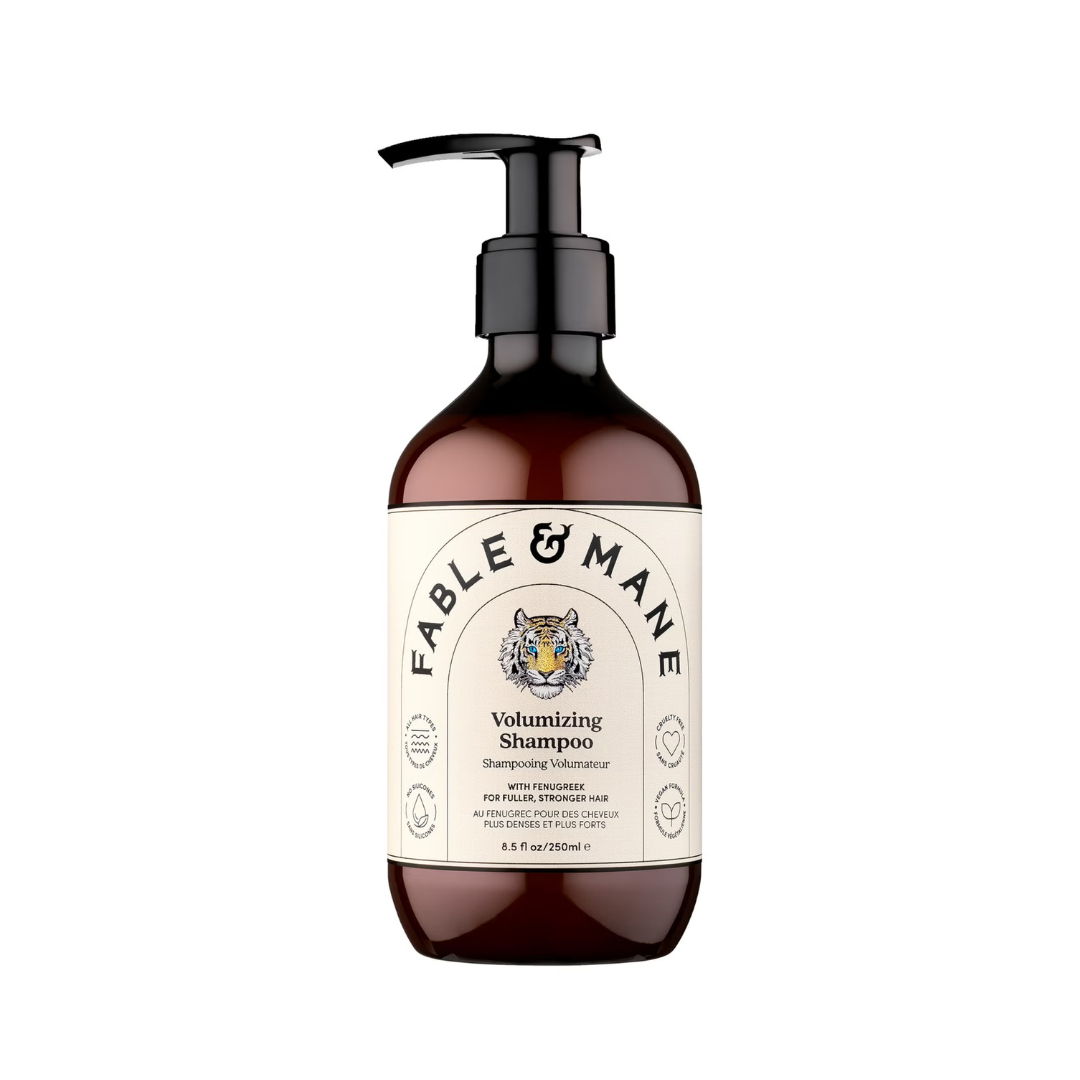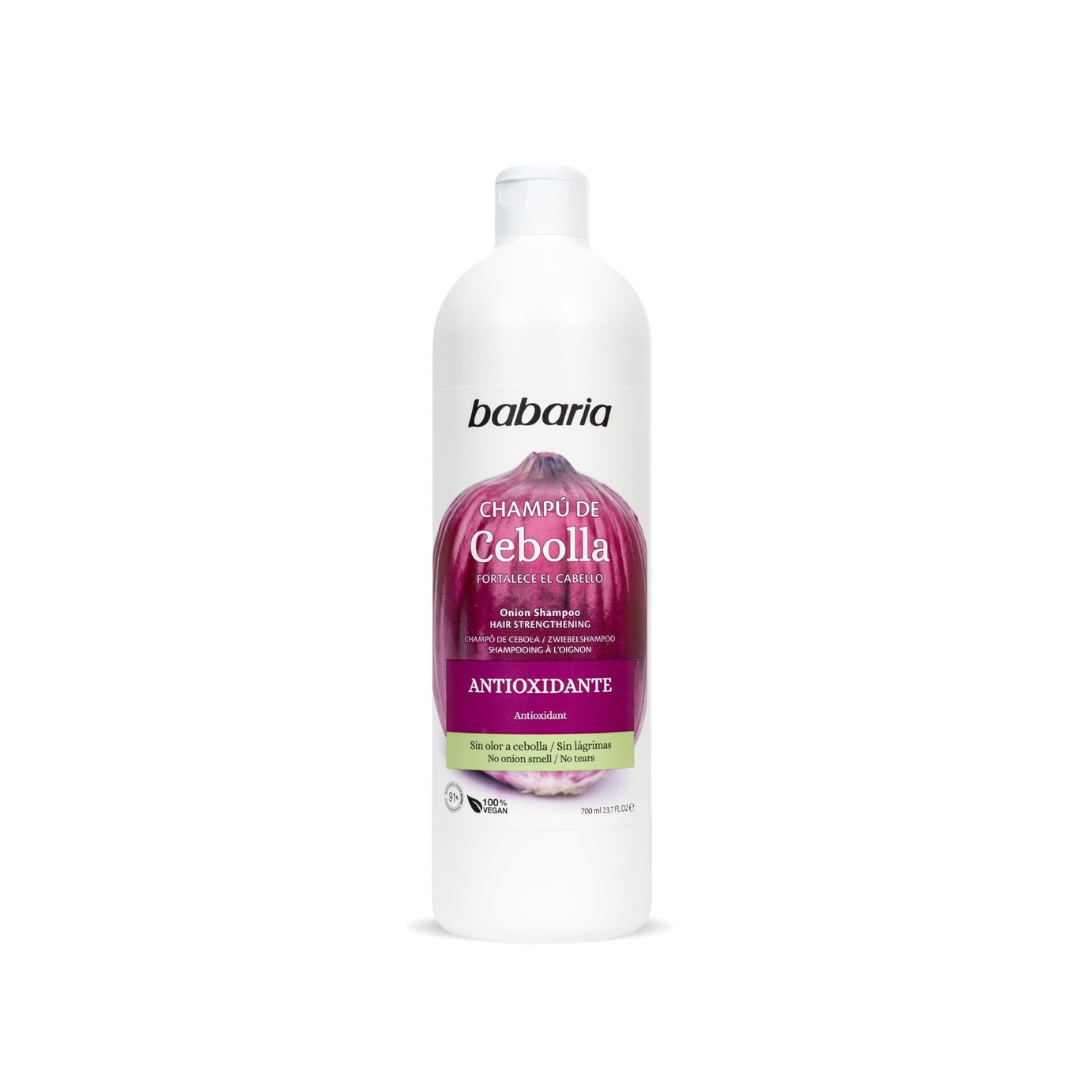Onion Shampoo Is the Latest Hair Thickening Obsession—But Does It Actually Deliver (and Does It Smell)?
Why is everyone on TikTok using onion shampoo?
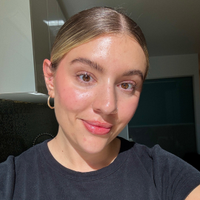
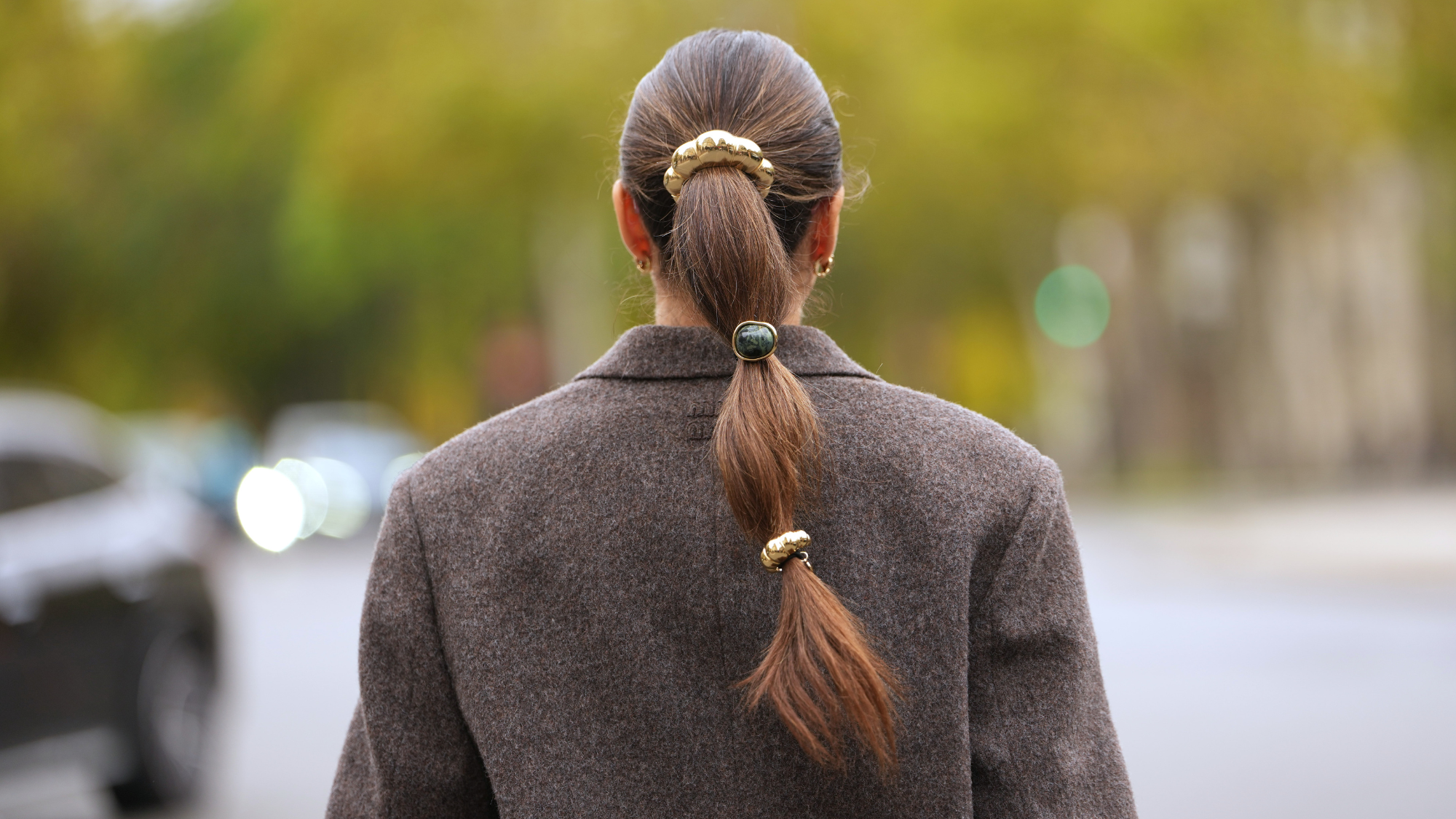
These days, nothing really surprises me on social media, and there's seemingly no beauty trend too outside the box for us to get on board—or at least try for ourselves. The latest such trend? Onion shampoo, which has been doing the rounds on TikTok and Instagram, is being praised for its anti-hair-thinning properties. But let's be honest: social media isn't always the most reliable source of information. I spoke with a trichologist about whether this is a trend you can trust, and how to try it.
Why are people using onion shampoo?
The primary interest in onion shampoo is its purported anti-hair-thinning and anti-hair-loss benefits. Indeed, one study found that topical application of onion extract can help people with alopecia areata, an autoimmune disease that causes hair loss. The research found the extract aided in regrowth.
Several specific onion shampoos on the market, such as Babaria's, feature onion extract as one of their primary ingredients, whilst others (including Fable & Mane's Volumising Shampoo) use it as more of a background, complementary addition. For this reason, the term 'onion shampoo' has varying meanings—and usually doesn't mean applying onion juice directly to the scalp, as was trialled in the aforementioned study.
Should you give it a go?
There are several considerations before trying this. For one, as mentioned, there is little evidence to suggest a shampoo containing onion extract (as opposed to direct application of juice from the vegetable) will have much impact on hair thinning or regrowth. It's important to remember, too, that shampoos are not ideal formulations for topical applications of specific active ingredients, as they are quickly washed out and therefore don't have much contact time with the scalp.
Certified Clinical Trichologist Marta Teixeira (who's also a trichologist at Polytar) has her doubts about the efficacy of onion shampoo, largely because there is little scientific evidence to support marketing claims. "The interest in onion extract for hair stems primarily from research on onion juice (Allium cepa) applied topically to the scalp, rather than shampoo formulations specifically," she begins, referring to the study mentioned above.
"The evidence is very limited and preliminary. While the 2002 study is promising for alopecia areata specifically, we lack large-scale, randomised controlled trials, studies on androgenetic alopecia (pattern hair loss) and telogen effluvium, and research specifically on onion extract in shampoo formulations (wash-off products have minimal scalp contact time compared to leave-on treatments)." She notes that there is little long-term safety and efficacy data out there, too.
There are also those who are best to stay away from onion shampoo entirely. These include anyone with particularly sensitive scalps, those with colour-treated hair (onions are very acidic), or people with allium allergies (onions, garlic, leeks).
Celebrity news, beauty, fashion advice, and fascinating features, delivered straight to your inbox!
For anyone else who wants to try it, Teixeira recommends first starting with a patch test to check sensitivity. If all is well, she suggests allowing "longer contact time with the scalp (massage in and leave for 2-3 minutes before rinsing)," to allow for best absorption. "Be consistent for at least 12 weeks, as hair growth cycles are slow," she adds.
Does it smell bad?
Whether you try it or not, chances are you're most intrigued about one thing, and one thing only: the smell. We all know just how potent onions can be, so does this apply when they're used in shampoos?
The answer, in general, is no. This is mainly because even when used as a core ingredient, the onion smell will likely be masked by other ingredients in the formulation (including fragrant botanicals). This, says Teixeira, may also indicate a lack of efficacy in terms of any real hair regrowth benefits: "If a product smells strongly of onions, it might indicate a higher concentration of onion extract, but this doesn't necessarily correlate with efficacy. If it has no scent, the extract may be highly processed or present in minimal amounts."
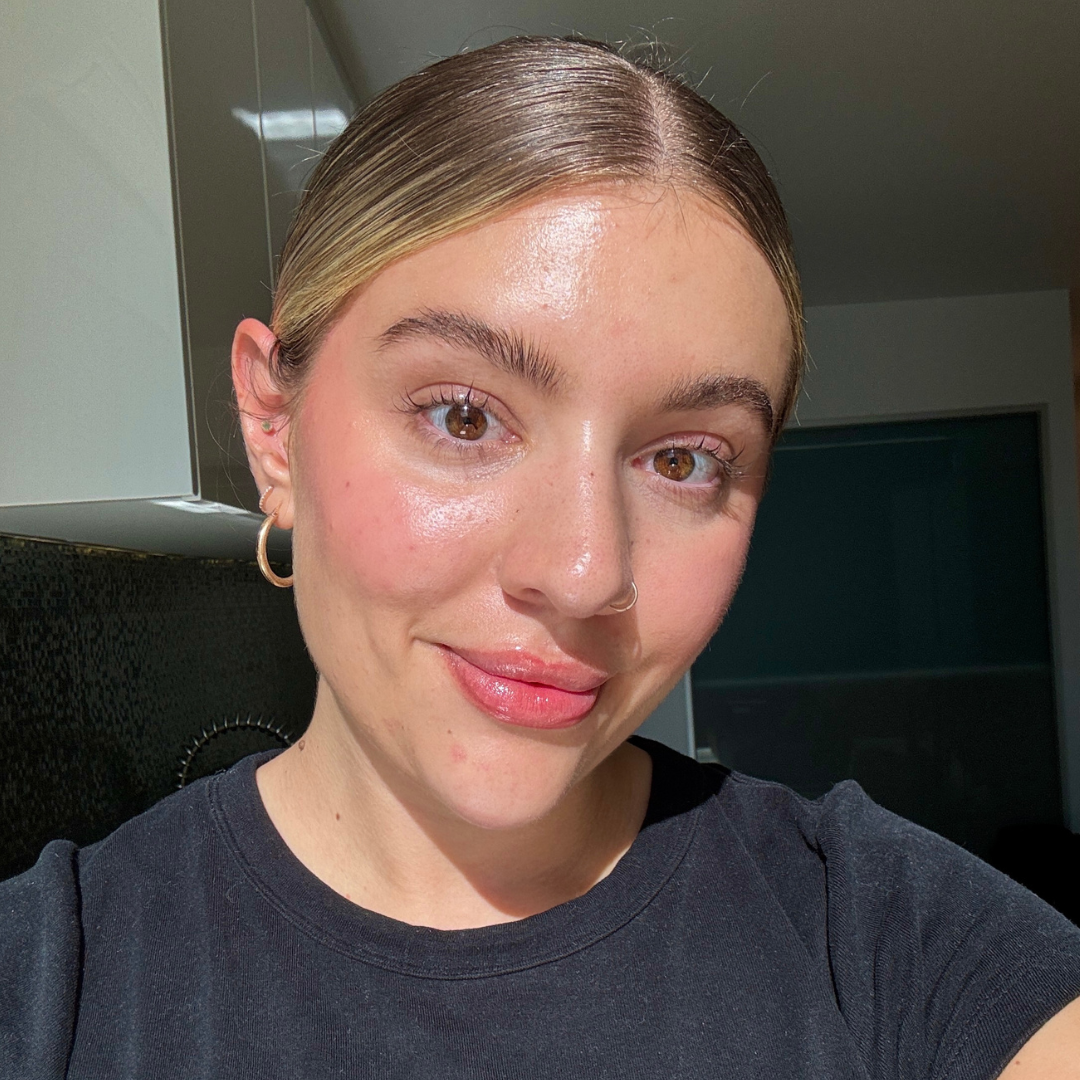
Rebecca is a freelance beauty journalist and contributor to Marie Claire. She has written for titles including Refinery29, The Independent, Grazia, Coveteur, Dazed, Stylist, and Glamour. She is also a brand consultant and has worked with the likes of The Inkey List on campaign messaging and branded copy. She’s obsessed with skincare, nail art and fragrance, and outside of beauty, Rebecca likes to travel, watch true crime docs, pet sausage dogs and drink coffee. Rebecca is also passionate about American politics and mental health awareness.
